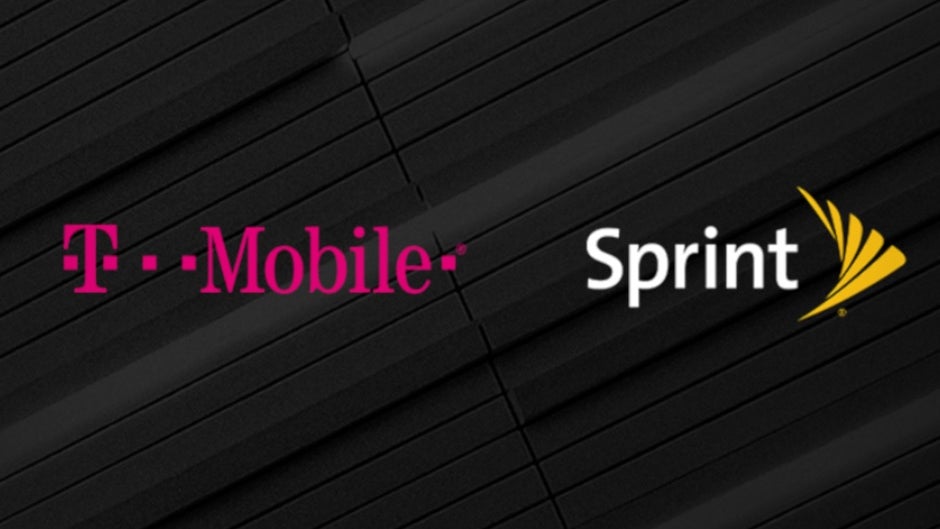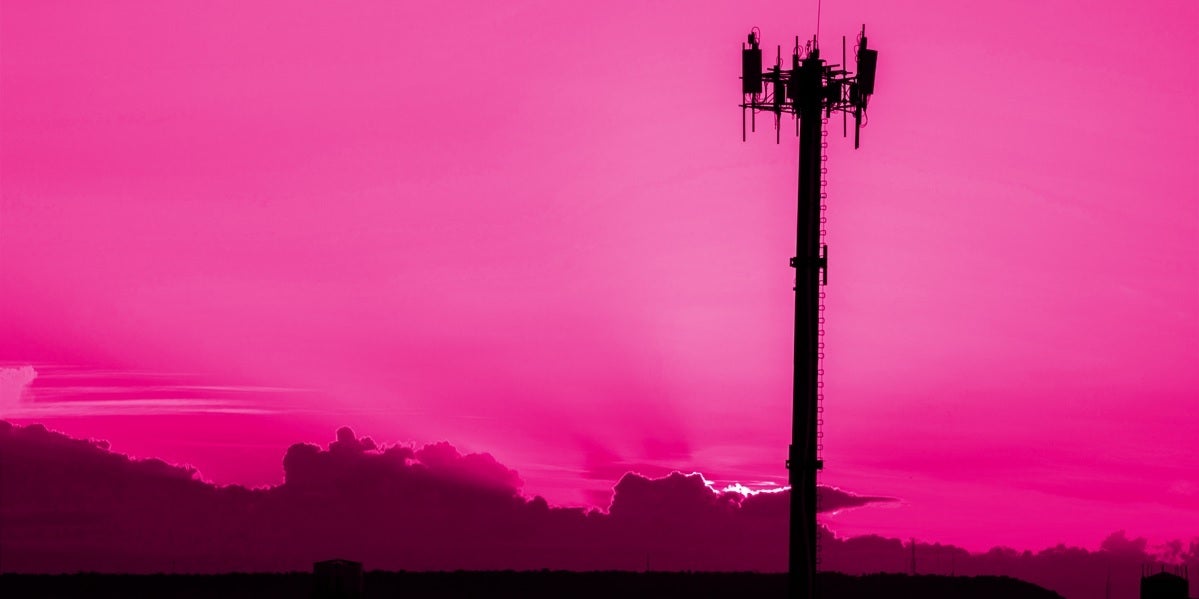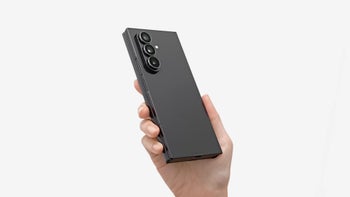T-Mobile settles with Nevada and Texas; here's what the carrier promised the states

Earlier today we told you that the attorney general of Texas had reached a settlement with T-Mobile and pulled out of the lawsuit that seeks to block the T-Mobile-Sprint merger. This suit, which will go to trial on December 9th, is the only hurdle that the $26.5 billion deal must clear before it can be closed. After we passed that information on to you, CNBC reported that the attorney general of Nevada had also reached a settlement with the wireless provider. That leaves 13 state attorneys general and the attorney general of Washington D.C. left as plaintiffs.
Barring some sort of unusual capitulation by the state attorneys general still going forward with the suit, the closing of the merger will take place no earlier than next year; it also will come after T-Mobile launches the first nationwide 5G network in the U.S. on December 6th. And 5G is what this merger has been all about going back to the day the deal was announced. Those who follow the mobile industry know that T-Mobile, the fastest growing of the four major U.S. carriers, wasn't looking to pick up Sprint's struggling retail operations. What Legere and company have been after is Sprint's hoard of 2.5GHz mid-band spectrum.
T-Mobile settled with the AGs of Texas and Nevada as they both dropped out of the lawsuit
Mid-band airwaves are a rarity in the states these days, and T-Mobile is counting on Sprint's holdings to help it complete its 5G build. The carrier is using the 600MHz low-band spectrum it paid nearly $8 billion for a couple of years ago in an FCC auction combined with its ultra-high mmWave spectrum. The former travels long distances and penetrates buildings well; the latter does not travel that far, nor does it penetrate structures easily. But it does provide large capacity for data traffic and delivers the zippy fast data speeds that consumers expect from the next generation of wireless connectivity. By bridging the two with Sprint's mid-band airwaves, T-Mobile will cover more Americans with 5G signals, especially in rural areas of the country.

T-Mobile will launch nationwide 5G on December 6th
To win over Texas, T-Mobile promised not to raise prices on wireless service for five years after the merger closes. The carrier also promised to build out its 5G network in Texas following the completion of the deal. As part of the agreement it made with Nevada, T-Mobile promised to cover 83% of the state's rural population with 5G service and offer low-rate plans. Nevada's attorney general, Aaron Ford, said this afternoon, "Beyond these benefits, the New T-Mobile will make a significant investment to enhance service to our Native American Tribal communities, contribute to programs that enhance opportunities for minorities, women and small businesses. Because of these commitments, I can now support a merger that will preserve Nevada jobs and benefit consumers throughout our State."
When T-Mobile announced its nationwide 5G launch for December 6th, it also introduced it's Connecting Heroes initiative and Project 10Million. The former will provide first responders with free unlimited talk, text, and data with the highest priority on the T-Mobile network. The latter is a plan that will bring internet service to the 15% of American households with children that cannot access the web because they live in a low-income or rural household. Both initiatives are dependent on T-Mobile closing the merger with Sprint.
One state attorney general who doesn't seem to be moved by these initiatives is New York AG Letitia James. She told CNBC today that, "Today’s deal does not resolve the fundamental anti-competitive concerns at the core of this case — that the mega-merger of T-Mobile and Sprint will reduce competition in the mobile marketplace." She added, "There is no doubt that this merger remains bad for consumers, bad for workers, and bad for innovation, which is why we remain committed to litigating this matter and look forward to the commencement of trial in less than two weeks." She also stated that there is no way that New York will pull out of the suit.
Follow us on Google News













Things that are NOT allowed:
To help keep our community safe and free from spam, we apply temporary limits to newly created accounts: